4N25 Optocoupler
10.00 EGP
4N25 Optocoupler
Description
Specifications
- IR LED Forward Voltage for turning ON: 1.25V-1.5V (Typically 1.3V, 1.5V being absolute maximum forward voltage)
- IR LED Forward Current during ON: 10mA – 60mA (Typically 10mA, 60mA being absolute maximum forward current)
- IR LED Reverse Voltage Maximum: 5V
- IR LED Reverse Current Maximum: 100uA
- Maximum Voltage: 70V
- Maximum Current allowed: 100mA
- Typical Rise Time: 2us
- Typical Fall Time: 2us
- No additional power needed to be applied for chip for making it work.
Why to Use 4N25 OPTOCOUPLER
For understanding the use of OPTOCOUPLER consider:
Case1: where you want to isolate LOAD CIRCUIT from CONTROL CIRCUIT. Say you want to control the speed of a small DC motor by using MICROCONTROLLER PWM output. This setup is not feasible as microcontroller is sensitive device. So for isolating load circuit and protecting the controller from voltage fluctuations we use OPTOCOUPLER.
Case2: Say you want to trigger a MOSFET circuit which is driving a high power load. The MOSFET trigger voltage typically is 12V. These voltages bursts ( 12V) needed for MOSFET driver to control the high power load cannot be draw from controller. As controller puts out 3.3V or 5V bursts. In those cases using 4N25 OPTOCOUPLER chipis ideal.
Case3: Consider we want to switch a 12V relay which is looping 220V AC fan according to RASPBERRY PI outputs. It is ideal to use 4N25 in this case, as 4N25 draws negligible amount of power considering a transistor or a MOSFET.
How to Use 4N25 OPTOCOUPLER
4N25 OPTOCOUPLER IC has two components integrated in it. One is INFRARED DIODE and another of INFRARED PHOTOTRANSISTOR. The IR DIODE is connected between terminals 1 and 2, the PHOTOTRANSISTOR is connected at terminals 4, 5 and 6.The internal setup of two components can be seen below. The IR radiation emitted by IR LED will not be visible outside the chip. The whole issue of radiation will be working under background.
Applications
- DC motor speed control
- Lighting systems
- PWM applications
- AC mains detection
- Reed relay driving
- Switch mode power supply feedback
- Telephone ring detection
- Logic ground isolation
- Logic coupling with high frequency noise rejection

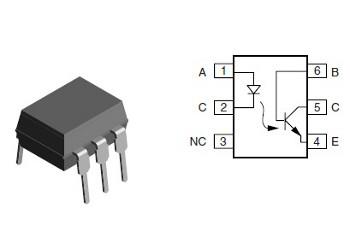
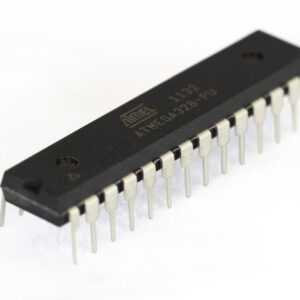
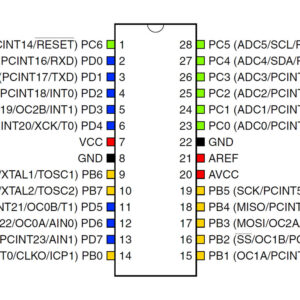
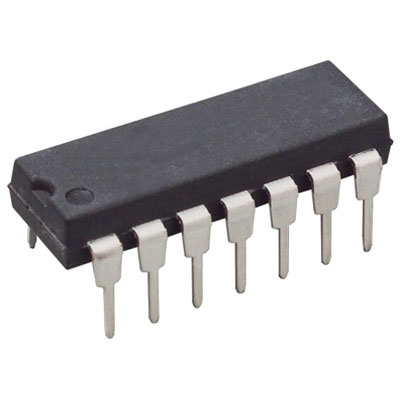
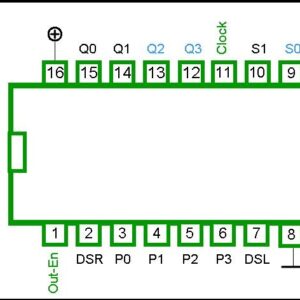
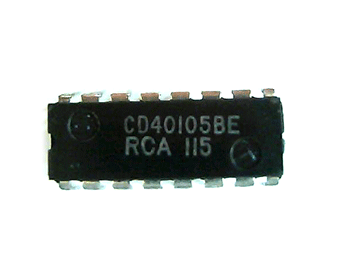

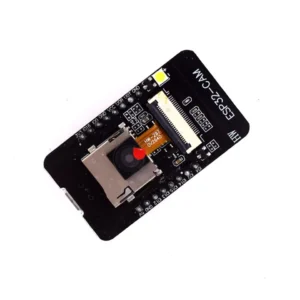
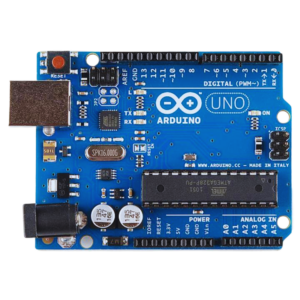
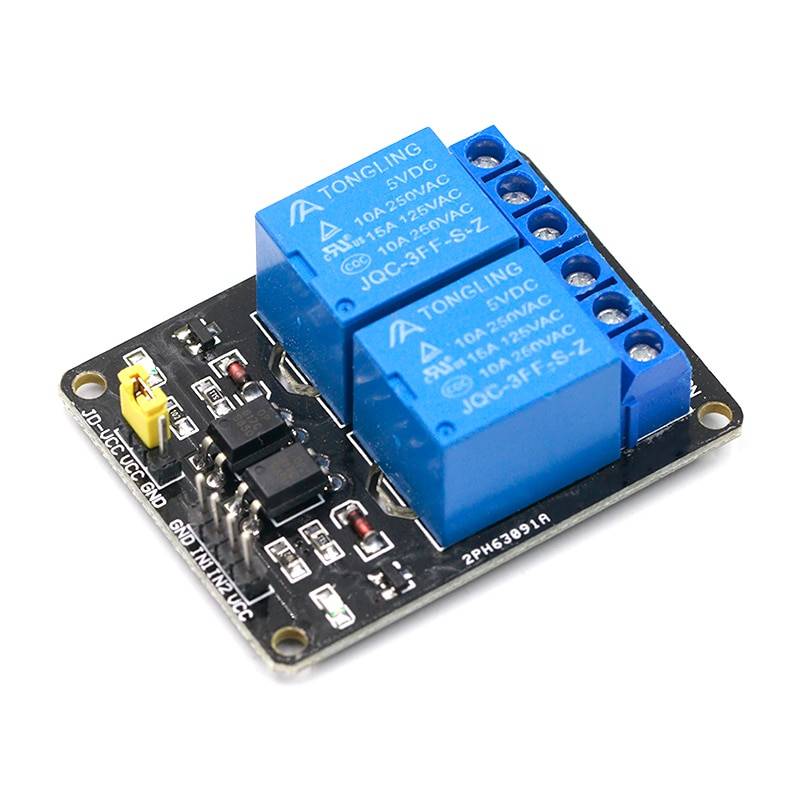
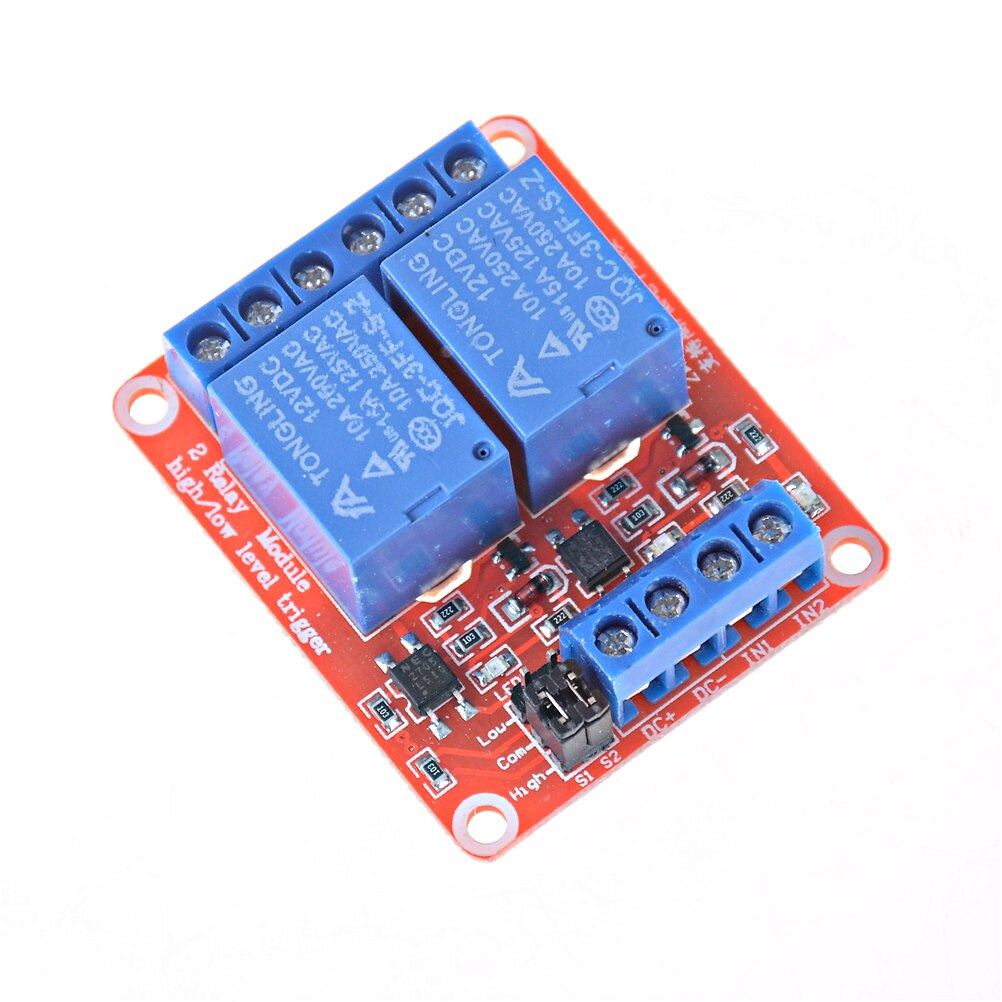
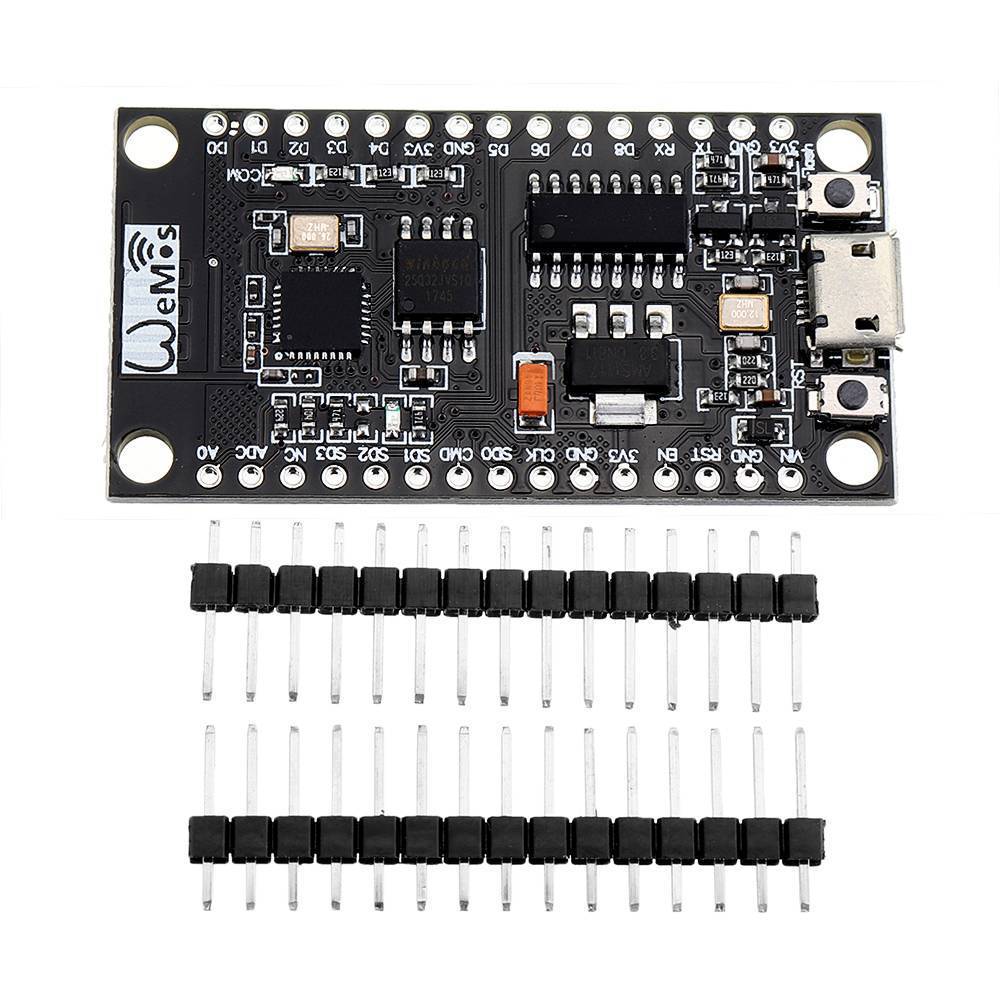
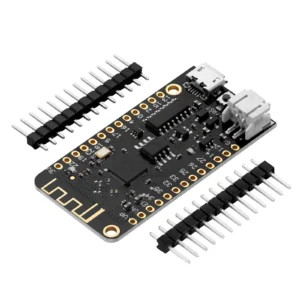
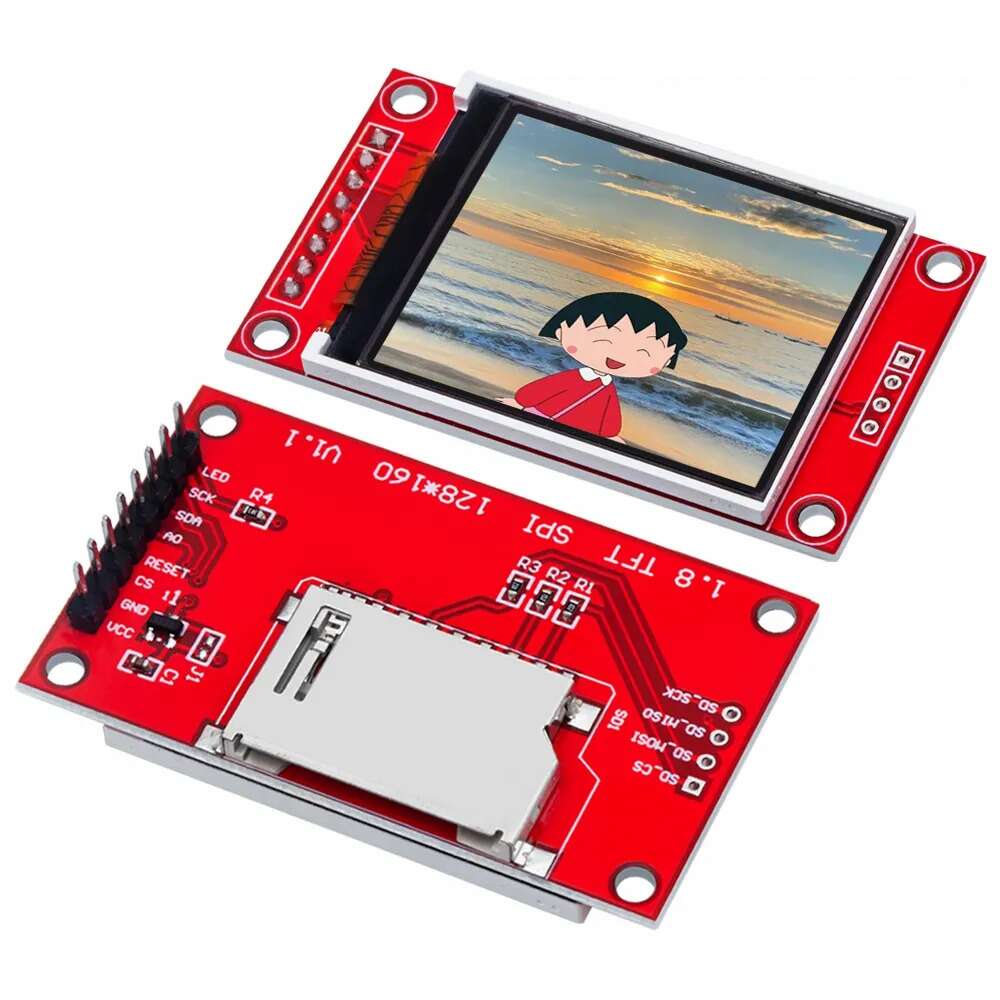
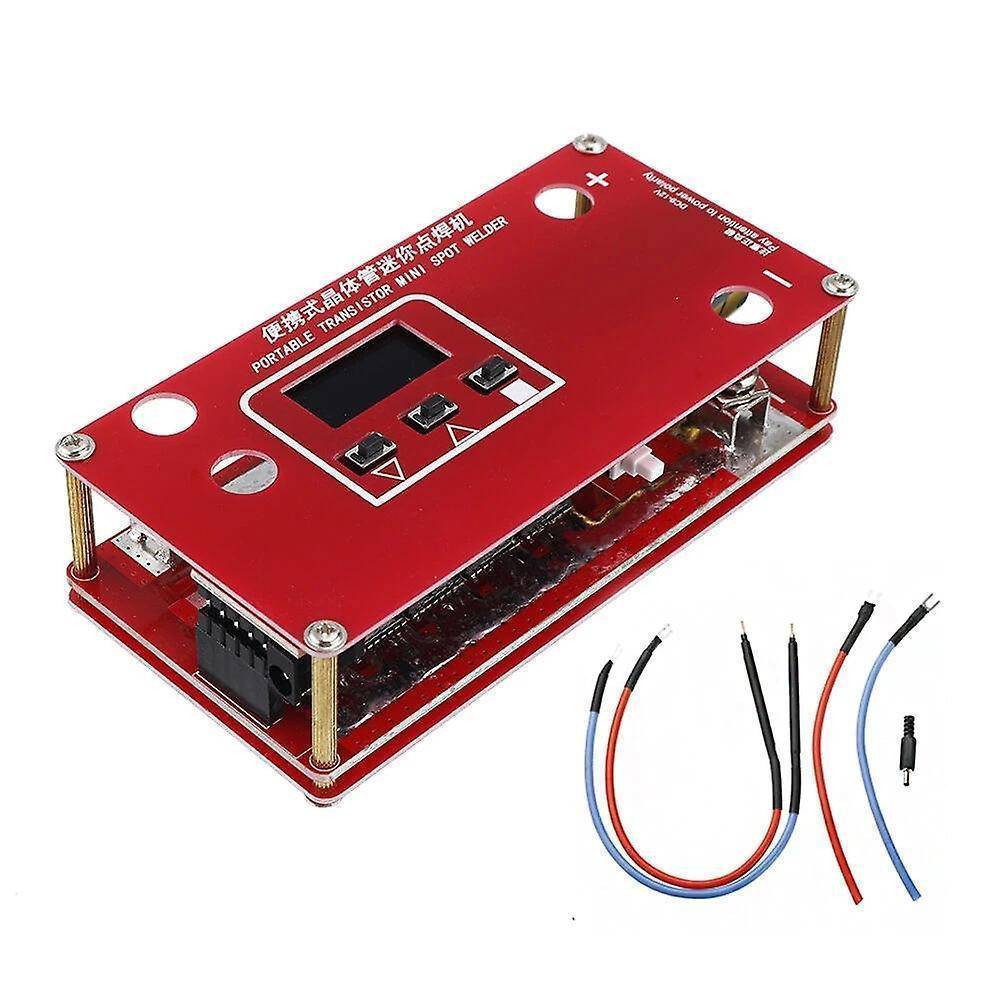

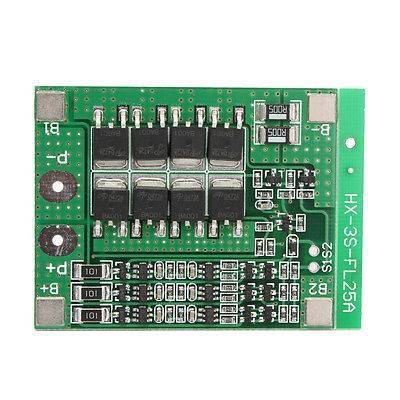
Reviews
There are no reviews yet.